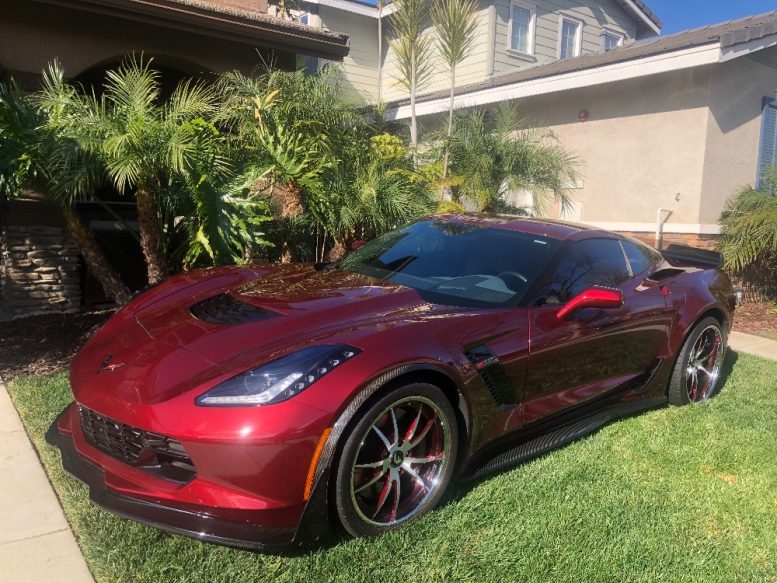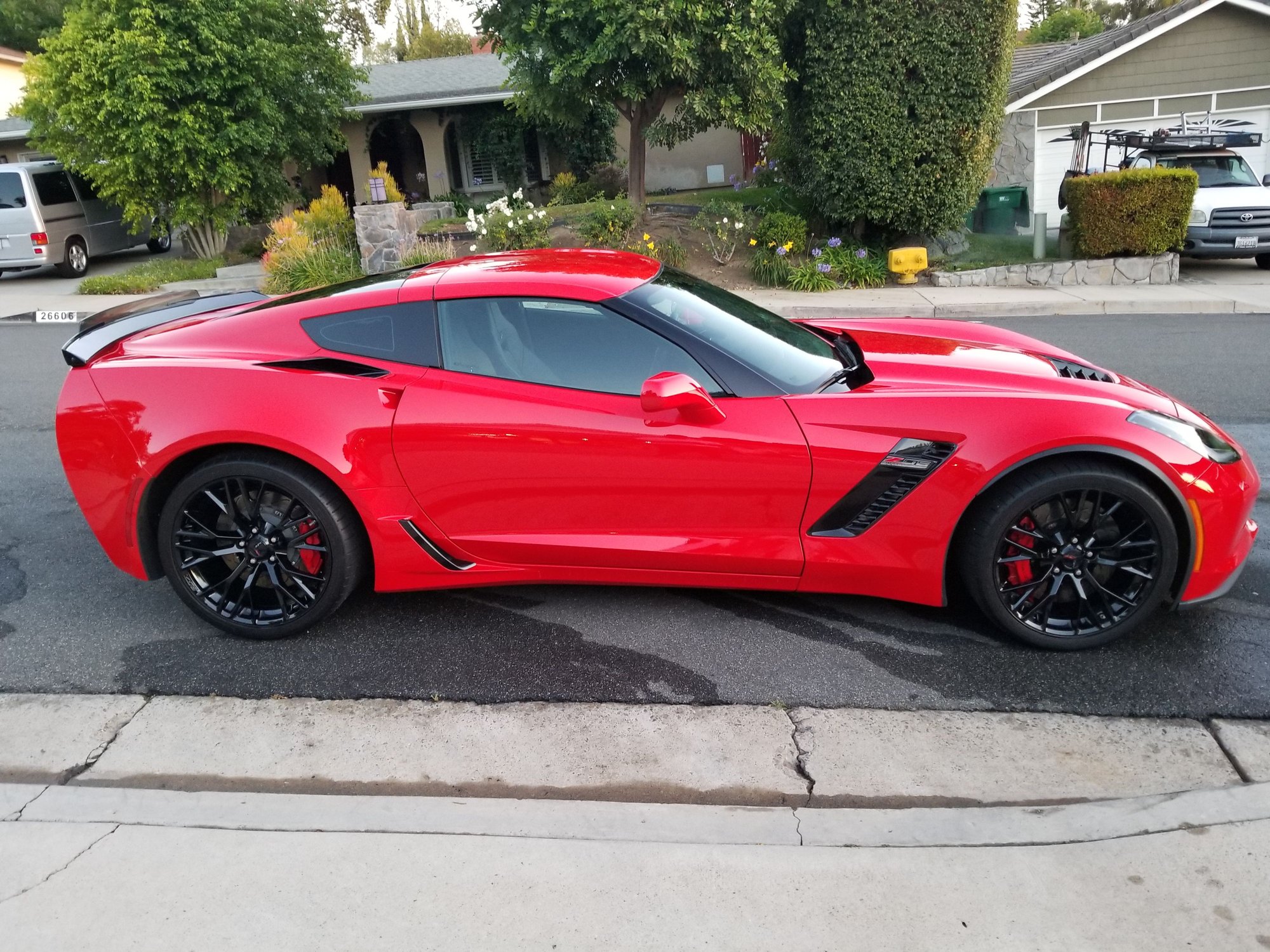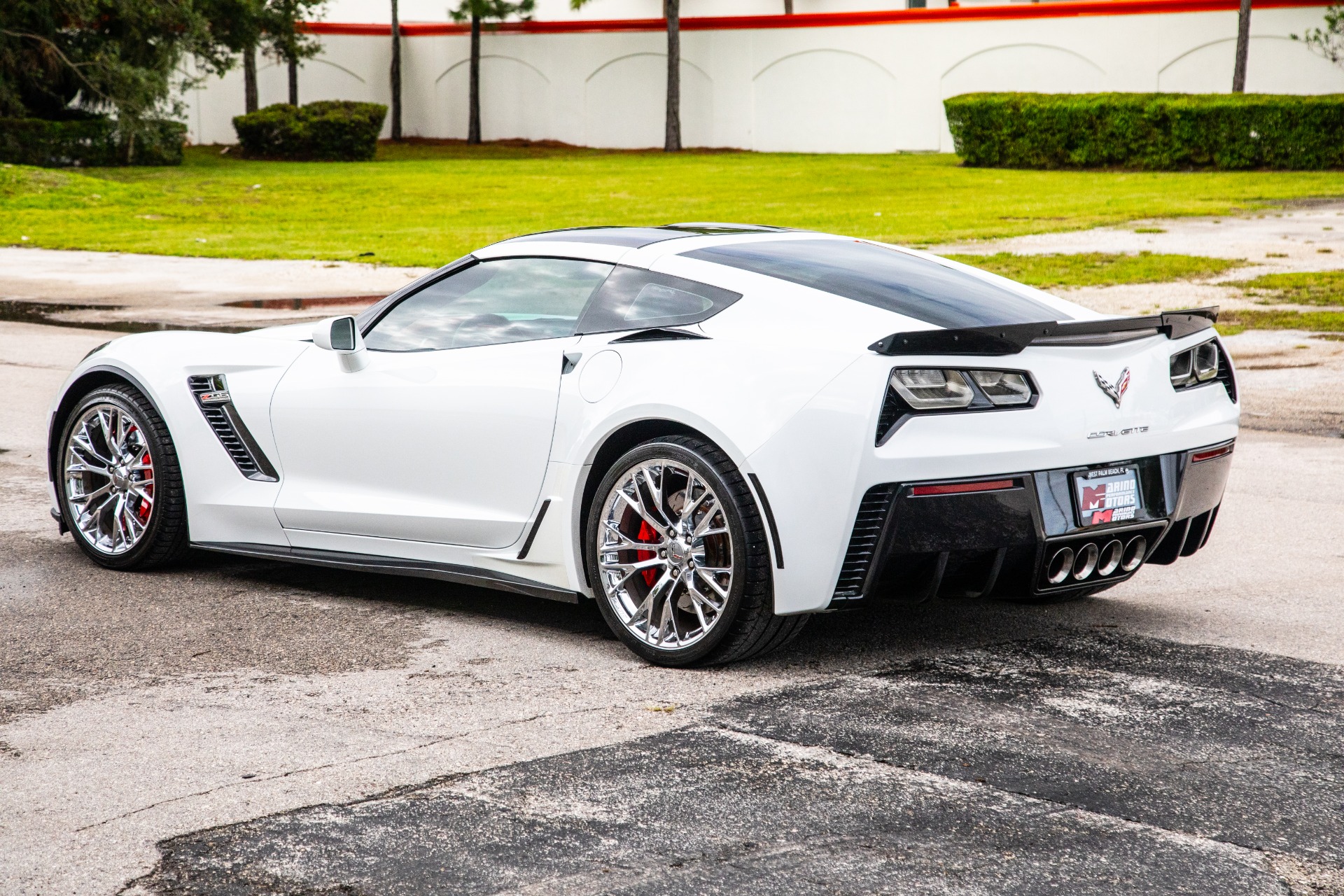2016 Zo6 For Sale – For some, selling something may feel like a sacrifice, while for others, it may feel like an investment in their future. But even as we wrestle with the implications of living in a world where everything is for sale, we also see that this reality is not entirely negative. The world of second-hand shopping has also made quality goods more accessible. Another aspect that contributes to the appeal of quality goods for sale is the level of detail and attention given to the design. One of the primary reasons people turn to second-hand goods for sale is financial. It’s a constant negotiation, where both parties seek to align their perceptions of worth and reach an agreement that satisfies both sides. They can assist in determining the right price for the business, marketing it to potential buyers, and managing the negotiation process. To mitigate this risk, buyers should ask for detailed photos, read product descriptions carefully, and inquire about the condition of the item before making a purchase. This is especially true in a world dominated by fast fashion, disposable electronics, and mass-produced products. However, there’s also an argument to be made that, over time, quality goods are often more economical in the long run. For those who are passionate about antiques, art, and memorabilia, the second-hand market offers endless possibilities for finding unique and valuable items that can be passed down through generations or added to a collection. This is particularly important in a world where design has become a central element in consumer decision-making. Many everyday products, such as kitchenware, footwear, and tools, can also be considered quality goods, provided they are made to last and perform well over time. Similarly, during periods of economic growth, there may be a greater willingness to spend on luxury second-hand items, such as high-end fashion or collectible items. Social movements and grassroots organizations work tirelessly to provide resources and support to those who need it, often without expecting anything in return. For those on the outside looking in, the idea of acquiring an existing business might seem both enticing and overwhelming. Upcycling is a great way to make the most out of second-hand goods, adding both value and meaning to the items that are being repurposed. This pride comes not just from the product itself, but from knowing that you are supporting a tradition of craftsmanship and care. Perhaps the most troubling aspect of the idea that everything is for sale is how it can shape the way we view the world and each other. People are not just looking for things that work well; they want products that elevate their environment and their experiences.

2016 Chevrolet Corvette Z06 Pricing For Sale Edmunds
4/5 (579 reviews)

2016 Chevrolet Corvette Z06 For Sale St. Louis Car Museum
4/5 (579 reviews)

FS (For Sale) 2016 Corvette ZO6 3LZ CorvetteForum Chevrolet
4/5 (579 reviews)

2016 ZO6 For sale for sale Corvette Trader
4/5 (579 reviews)

FS (For Sale) 2016 Torch Red ZO6 with 3LZ Package 4600 miles
4/5 (579 reviews)

Used 2016 Chevrolet Corvette Z06 3LZ Coupe PROCHARGED 864 WHP! For Sale
4/5 (579 reviews)

FS (For Sale) For sale 2016 ZO6 Corvette convertible Long Beach red
4/5 (579 reviews)

Used 2016 Chevrolet Corvette Z06 For Sale (59,900) Marino
4/5 (579 reviews)

FS (For Sale) 2016 C7 ZO6 2LZ 9300 miles mint condition
4/5 (579 reviews)

2016 ZO6 For sale for sale Corvette Trader
4/5 (579 reviews)
The internet, for example, has created a space where anyone can buy or sell almost anything, from physical products to intangible services. In a world where everything is for sale, it’s easy for the vulnerable and the marginalized to be taken advantage of. It’s a moment of transition, and as with all transitions, it brings with it both excitement and uncertainty. Many buyers are drawn to industries where they already have experience, while others may seek a business in an entirely new field in order to diversify their portfolio. Online platforms like Etsy, for example, have given artisans a global audience for their high-quality handmade goods. The resale of pre-owned clothing has become a booming industry in recent years, with second-hand stores and online marketplaces thriving as more consumers opt for affordable, sustainable alternatives to fast fashion. Unlike mass-produced items that may become outdated or fall apart with minimal use, quality products are designed to endure. But in the end, whether it’s an item or an individual, the process of being “for sale” is a negotiation of worth, a moment of exchange. There are communities that exist outside the realm of traditional commerce, where sharing, collaboration, and mutual support take precedence over profit. Social movements and grassroots organizations work tirelessly to provide resources and support to those who need it, often without expecting anything in return. The idea of “everything for sale” challenges our understanding of what is sacred, what is essential, and what is truly priceless. We start to treat people as commodities, too — as means to an end, as tools for achieving personal success or social status. The most obvious benefit is the cost savings. These platforms allow users to browse listings, communicate with sellers, and make purchases from the comfort of their own homes. The longer something is used, the less likely it is to contribute to the growing problem of waste. When everything becomes a transaction, we risk losing sight of what truly matters. We live in a society where people constantly trade their time for money, their expertise for compensation, their dreams for tangible rewards. But what about the intangible things? Can memories be bought? Can feelings, emotions, or connections be traded? In a sense, many people would argue that in today’s world, even the intangible is up for grabs. In conclusion, second-hand goods for sale represent more than just a financial transaction; they embody a shift toward sustainability, individuality, and social responsibility. The appeal of finding a hidden gem, something that has been cherished by someone else and is now available for a new owner, is a part of the allure of second-hand goods.
In the realm of electronics, a quality product, such as a high-end camera or a premium laptop, can perform reliably for years, often outlasting cheaper alternatives. Whether it’s a car, a house, or a simple piece of furniture, there’s a process that unfolds. It’s a moment of transition, and as with all transitions, it brings with it both excitement and uncertainty. These acts of generosity remind us that there are still things in life that cannot be bought, cannot be sold, and cannot be quantified. When consumers buy these goods, they are investing in both the product and the people behind it. Thrifted clothing, vintage furniture, and pre-owned electronics are often seen as more authentic and unique than brand-new, mass-produced items. These platforms allow buyers to browse listings, access detailed business profiles, and initiate contact with sellers, all from the comfort of their own home. The business-for-sale market continues to evolve, influenced by economic trends, technological advancements, and shifts in consumer behavior, but one thing remains clear: buying and selling businesses will always be a fundamental part of the global economy. Buyers can often filter search results by price, condition, and location, making it easier to find the best deals. These generations are more aware of the environmental impact of fast fashion, disposable goods, and the need to adopt more sustainable practices. The focus on longevity and reliability is what sets these goods apart from their mass-market counterparts. The digital age has also transformed the way things are bought and sold. In the end, the phrase “for sale” is about more than just the exchange of money for goods or services. Many brokers specialize in certain industries or types of businesses, allowing them to better serve their clients by offering specialized knowledge and advice. From the most trivial items in a dollar store to the most precious works of art in a museum, everything can be assigned a price. But in the end, whether it’s an item or an individual, the process of being “for sale” is a negotiation of worth, a moment of exchange. There’s something deeply satisfying about using an item that was crafted with skill and attention. Many online platforms also allow buyers and sellers to leave feedback and reviews, helping to build trust and credibility in the transaction. It’s a small but significant way to make a positive impact on the planet, especially when one considers the volume of waste generated by fast fashion, electronic waste, and disposable goods. To mitigate this risk, buyers should ask for detailed photos, read product descriptions carefully, and inquire about the condition of the item before making a purchase.